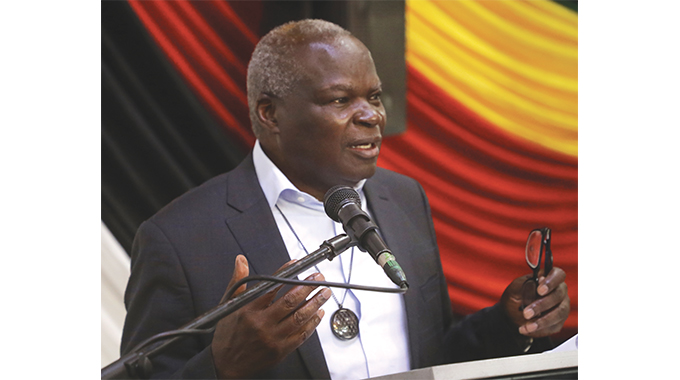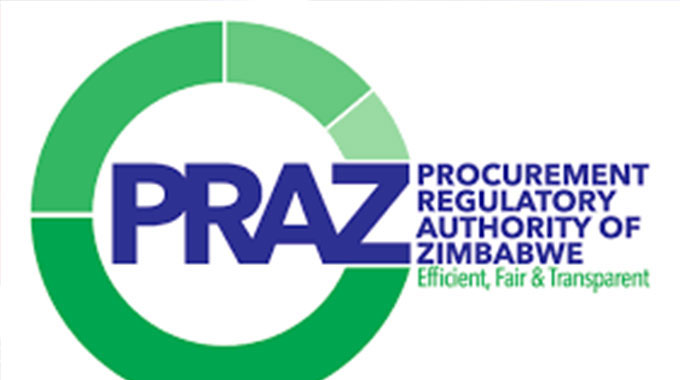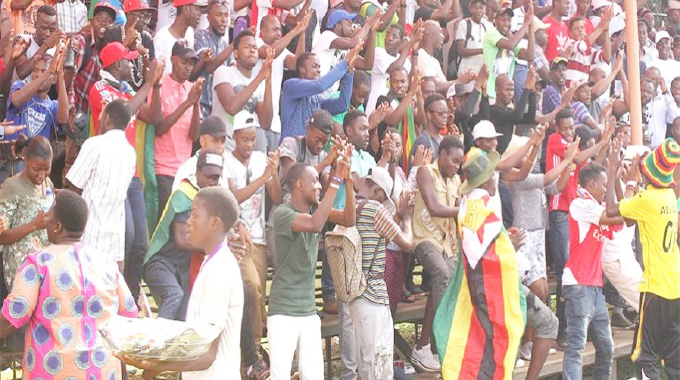WATCH: Govt to relocate 30 000 families

Bongani Ndlovu, Chronicle Reporter
AT least 30 000 families are set to be relocated countrywide after their homes were illegally built on wetlands as Government moves to address the problem of illegal settlements in both urban and rural areas.
This was revealed by Minister of Local Government and Public Works July Moyo yesterday in Bulawayo during a Disaster Preparedness workshop organised by the Civil Protection Unit.
The workshop drew delegates in disaster management and response from all over the country ahead of the rainy season.
Minister Moyo said with the predictions of over 30 000 households set to be relocated, Government has embarked on a housing delivery programme.
“Given that more than 31 527 households are projected to be affected, the Government guided by the Human Settlement Policy has embarked on a robust housing delivery programme anchored on densification strategy which has seen the construction of flats in Dzivarasekwa, Senga, Highfields Messengers Camp and provision of services to Garikai/Hlalani Kuhle.
“Let me hasten to mention that the scope of churning out more flat units will be realised through the massive Mbare development programme which comes with some new designs and better spatial planning. The Mbare Development programme has a yielding potential of 30 000 flat units,” said Minister Moyo.
He said the Enhanced Cabinet Committee on Emergency Preparedness and Disaster Management chaired by Vice-President Constantino Chiwenga was seized with addressing the dysfunctional, irregular and illegal settlements in both urban and rural areas.
During the 2020 to 2021 rainy season, some houses were flooded resulting in people losing property worth millions of dollars.
“Pursuant to the above, our level of predictability on the impact of the identified hazards was accurate with the urban areas bearing the biggest brunt of the effects of flash flooding in areas such as Gimboki in Mutare, Budiriro and Chitungiwza just to mention some,” said Minister Moyo.
The Minister said Zimbabwe has over 36 000 village heads who can be instrumental in implementing disaster response mechanisms, as the country gears for the rainy season.
He said the seasonal outlook for the 2021/2022 season is predicted by a La Nina phenomenon which is biased towards receiving normal to above normal rainfall and extreme weather conditions such as cyclones, floods and hailstorms are forecast.
Minister Moyo said when Cyclone Idai hit Chimanimani in 2018, headmen were instrumental in rescuing villagers.
“During Cyclone Idai, village heads there knew what to do. We were able to rescue people because the village heads were the first to raise an alarm, calling us,” said Minister Moyo.
He said village heads know their communities in detail, something that is useful in disaster response preparedness.
“I have just finished my rounds in Kwekwe, there are seven chiefs and one of them has 605 village heads. I sat with them and asked how many homesteads they have, they all know. I further challenged them to tell me how many people are in the first homestead and by age. They know this information and we have this resource of people who know and have the capacity,” said Minister Moyo.
He said this was the structure that should be adopted when responding to disasters.
Minister Moyo said this was part of Government’s plans of ramping up and strengthening coordination capacity.
“Government created the National Command Centre and similar structures at sub-national level. The Command Centre is the nucleus of the National Disaster Centre under construction.
“It is, therefore, imperative that a robust preparedness programme be put in place to ensure readiness for potential adverse events including other unforeseen trans boundary hazards. We will remain guided by our National and Regional early warning systems as they will continue monitoring the season,” said Minister Moyo.
He urged the gathering to engage persons with disabilities in the design and production of early warning information to cater for special groups.
During that three-day workshop that ends today, delegates laid out the challenges their provinces faced during the 2020/2021 rainy season and how they overcame them.— Follow on Twitter @bonganinkunzi









Comments